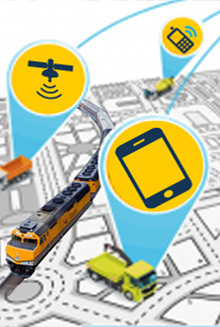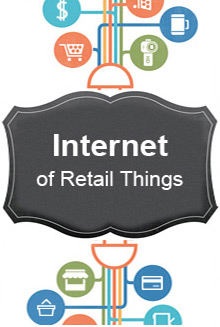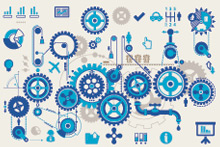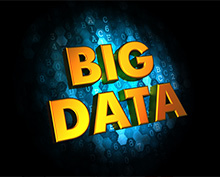Imagine not having to stress yourself with that daily rush-hour drive to work. You just sit and read the news as your autopilot car gets you to your office safe and on time without a single intervention from you. It maps the best route during rush hour, navigates the traffic, avoids crossing pedestrians, follows traffic signals, and detects and parks at a spot closest to your office entrance. Intelligent devices and systems – GPS, maps, sensors, information on traffic conditions, and weather – all connected to each other, working in unity can make this possible. In fact, one really does not have to imagine, the Internet of Things (IoT) is already making this happen— take a look at Google’s Self-Driving car.
These delightful innovations are powered by the seamless working of an intricate web of technology and devices that is both complex and fascinating. As more devices interact with each other to create efficient and smart solutions for us, the technology of tomorrow has some exciting possibilities in store. One sector that will witness disruptive changes, as a result of increasing use of intelligent devices, is Supply Chain Management (SCM) and logistics.
From connecting people to connecting devices
According to a Gartner study, the number of devices connected through the internet will increase to 26 billion by 2020, a growth of 30 times! This growth within supply chains will lead to an avalanche of information and enable organizations to provide a more efficient and differentiated service for their customers.
Organizations have used ERP systems in tandem with the SCM systems, over the years, to integrate business processes and provide greater operational visibility. But IoT is making possible intelligent systems, which connect people with processes and data using smart connected devices, and the future of supply chains looks set for a revolutionary change.
Emerging players in the market are making this transition possible at a fraction of earlier prices, making it more affordable for new/small players. We also have devices and sensors that can easily be connected to the cloud. With this, the playing field is getting increasingly level and creating space for companies that are not necessarily large. This increased competition will only serve to drive further technological innovation. So, brace yourself for the exciting times that lie ahead.
IoT as an enabler of SCM optimization
Real-time information on the status of products and their condition is paramount in managing supply chain and logistics. Deploying connected devices, the IoT way, creates vast opportunities to optimize supply chain operations and exceed customer expectations. Some of the main challenges of supply chain are transit conditions for specific goods, safe and optimal routes and security of vehicles and goods. IoT can provide an answer for many of them.
For instance, for a confectioner sending products to a retail store, maintaining the right temperature of the merchandize during transit is the single most important factor. Inability in constantly maintaining the temperature at a certain level can spoil the product or drastically reduce its life.
This is where IoT comes into play. A connected sensor, within the container, informs the confectioner in real-time whether the optimum refrigeration level is being maintained. It also detects and informs the supplier whether the food is fit for consumption upon reaching the customer.
Armed with a warning, the confectioner can arrange before time for an alternative dispatch of items to the customer; thus avoiding an unhappy customer. The wonders of IoT do not end here. The sensors installed in the truck to gauge the refrigeration level also help pin-point the cause for the change in temperature. Was it a door left open or a defect in the air-conditioning? The supplier is therefore empowered to take the appropriate corrective action. This brings in a lot of efficiency and effectiveness to the system and avoids wastage of time and effort in issue diagnostics.
Another important requirement of SCM is the visibility into the status of delivery of merchandise and the exact location of the vehicle carrying it. Trucks carrying merchandise these days are enabled with Global Positioning Systems (GPS). A supplier can pinpoint exactly where a particular vehicle is by combining this information with the Radio Frequency Identification (RFID) technology and enabling access through cloud.
Data from trucks and other vehicles on the road, regarding traffic volume and weather conditions, can be analyzed to select the optimum route for reaching the destination. This information can be fed back to the GPS trackers to suggest the best routes. This will not only minimize delays but also reduce fuel costs. The information about the routes can then be used for other purposes.
Cargo-theft is always a big worry for all logistics companies. Placing sensors within the vehicles enables them in finding a stolen vehicle in a very short time. But the IoT makes this even more proactive. The optimal routes suggested for each vehicle must be communicated to a central server. The ETA for each vehicle can also be calculated and updated at each point along the route.
If a vehicle deviates from the pre-decided route or there is an inexplicable delay between two points, an alarm can be instantly triggered, alerting the company as well as local authorities. This prevents thefts and also ensures that any accidents are also noted immediately. Continuing with the same theme, in case parts of consignments are under risk of being pilfered, small but powerful tracking devices can be fit inside individual packages being transported for theft detection.
IoT is revolutionizing supply chain logistics
The Internet of Things is throwing up solutions that are enabling enhanced supply chain visibility. It is providing real-time data on business processes, leading to its immediate analysis and proactive and innovative applying of the results. This benefits all the stakeholders in a supply chain – from the manufacturer to the final consumer. Further, the ability of inter-connected devices to, exchange information in real-time, and enable smart decisions portends a revolution in business operations. We are no longer talking of incremental improvements but a big-bang of ideas where the only limit is our imagination.
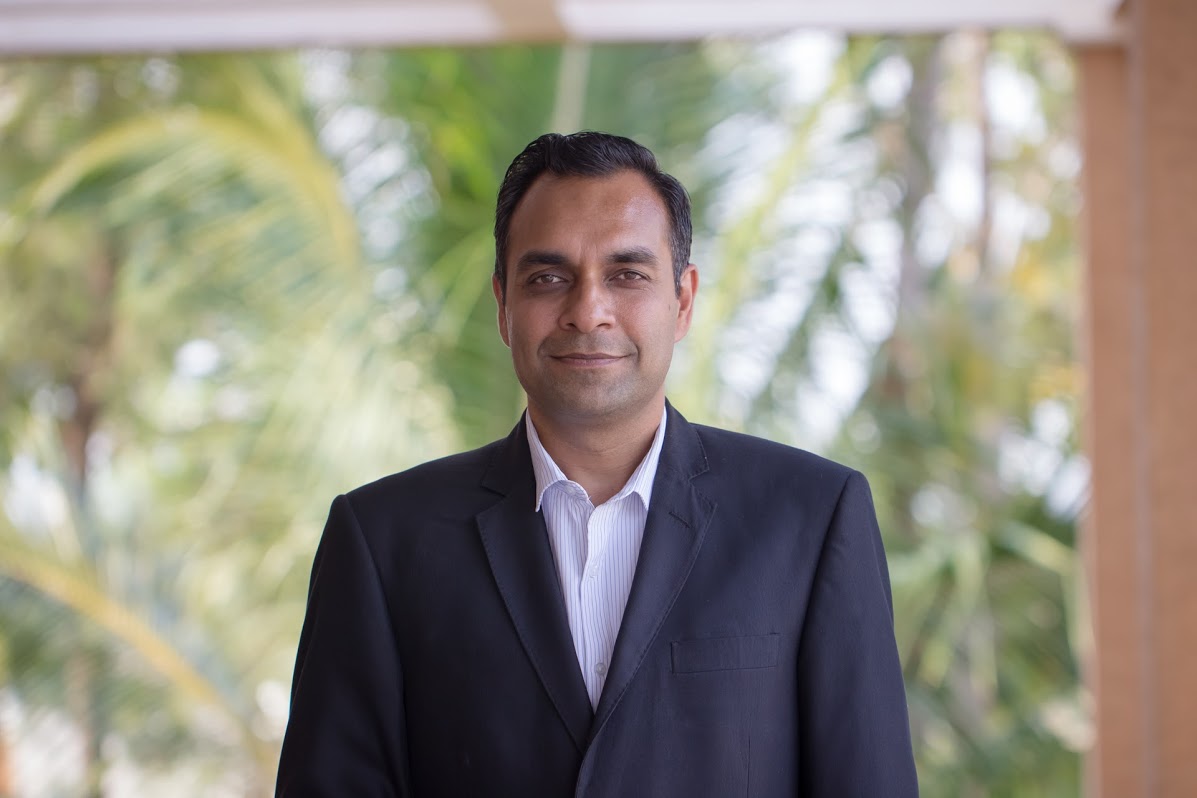
Manu Tayal is a General Manager spearheading the IoT/M2M solutions and service offerings. He comes with a rich experience of 16 years in the IT industry. Within M2M/IoT his focus is on servicing product companies build the right solutions, right from devices to cloud to mobile enabled applications. His role involves technology direction, business development and capability building.
Manu holds a Bachelor’s degree from IIT Roorkee in Electronics and Communications. You can reach him at [email protected].


